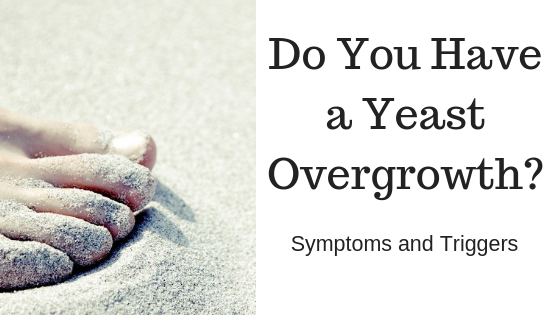Due to the Holistic Christian Life programs, people tend to confide in me about their struggles. I love it when I can help, and humbled to do so. However, there are many times when I can’t guide them in the way they should be led. For instance, some have told me that they are having difficulties with the fast because they have diabetes, they’re sick, pregnant, 97 years old. (not necessarily all of the above) and I ask if they’ve spoken with their spiritual father or father confessor about it. I’m shocked at how many people say “my what?” Or, “Oh, I guess that would be my priest, but I never talk to him.” My first thought is to ask “Then who do you go to for confession?” But I restrain myself because this can become touchy business.
Your spiritual father, or your father confessor (not necessarily the same person) would be a priest you go to for confession. He would be the person whose advice you seek out when you need guidance, who prays for you every day as though you are one of his children, and who you go to to get a blessing before taking on an endeavor, going on a trip, etc.
I think that this is a good subject during the fast, because we are told to look inward, into our hearts and understand why Christ came into this world. To re-discover why we needed him. During this introspection, things can come up. It’s hard enough for many to go to confession in the first place, let alone to someone they do not already have a submissive relationship with. You want someone who knows your history, your strengths, weaknesses, and the state of your health. My spiritual father is a great comfort to me. Along with spiritual guidance, he has also taught me church etiquette, which I sorely needed.
I remember the first time a priest held me accountable for something. We were partaking of the Eucharist, and I was ushering people from their pews. I had almost forgotten that I needed to go up there myself. This was before I became Orthodox, so I was just going up for a blessing. When the light bulb went off over my head that he was waiting for me, I started scurrying up the aisle. That’s when he said in his deep voice, “Cynthia, slowdown dear, we approach the chalice in fear and trembling. This isn’t a race.” Or something to that effect.
Well, I was embarrassed. Of course the whole parish heard this. I was humbled, and that humility transferred itself quickly to feelings that come from pride, like indignation. Couldn’t he have told me this quietly when I got up to him? Why did he have to call me out in front of the whole parish? In retrospect, I think he knew that I could handle it, learn from it, and that there were others that could benefit from the “reprimand.”
It was at his knee, so to speak, that I learned to walk slowly and prayerfully, and that the line to partake of the chalice is not a reception line meant for saying hello to our friends. When returning back to the pew it is not the time to sit down, since there is a miracle happening right in front of our eyes, and it shows a lack of reverence. People are receiving the body and blood of Christ into their own bodies! There isn’t anything casual about that!
It’s embarrassing, humbling, and all-around uncomfortable when your spiritual father calls you out on something. And yet, you chose him as your spiritual father because you respect him, and trust that he will show you how to stay on the right path. It’s a narrow path, but you find it easy to submit to his guidance. Not just church etiquette, although respect and reverence in the house of God is important, but most importantly, the state of your soul. Submission and discipline in one area of our life leads to other areas.
Today that priest, who brought out my indignation and made me see my pride, is the one I feel God gave me. He chrismated me, and will always be my spiritual father. I love, trust and respect him. So many Christian denominations have chosen the wide path. They are accountable only to themselves and are waiting for God to knock them up along side the head if they need it. Some people may have been knocked up alongside the head, but I for one have not. Or, if I have, I haven’t noticed. That’s how thickheaded I am. That’s one of the many reasons why I love Orthodoxy. It is one of our rich traditions to be able to submit and be accountable to someone who knows us better than anyone else does, and we can actually see and touch him. It’s a great blessing.
If you do not have a spiritual father, and/or would like more information on the subject, I found this excellent interview by Kevin Allen on Ancient Faith Radio. About 1/2 way through, they talk about what I’ve shared here. I also like this article.



